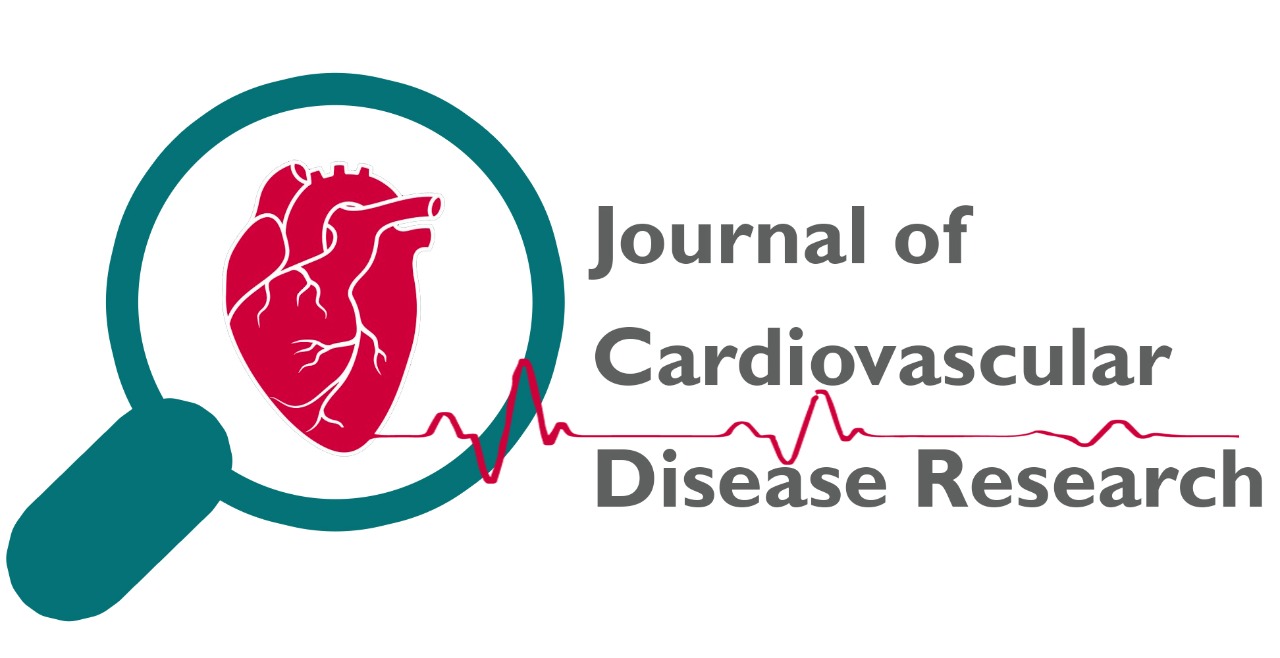
Exploring the Prevalence, Patterns, and Associated Factors of Hypertensive Crises: A Cross-Sectional Study in an Emergency Department
Dr Aditya Ganvir, Dr Milan Rabadiya, Dr Dattatray Bhusare, Dr Sagar Sinha
JCDR. 2024: 1661-1677
Abstract
Hypertensive crises are severe, sudden increases in blood pressure that require immediate medical attention to prevent complications like stroke and organ damage. The prevalence of these crises is rising globally and is influenced by demographic and clinical factors, such as age, comorbid conditions, and socioeconomic status. Key contributors include lifestyle factors, medication non-compliance, and genetic predispositions. Understanding these elements is crucial for developing effective prevention and management strategies to reduce the burden of hypertensive crises. Material and Methods: This prospective cross-sectional study was conducted at MGM Medical College & Hospital, Navi Mumbai, from August 2023 to January 2024, focusing on hypertensive patients in the emergency department. Adults with blood pressure over 180/120 mmHg were included, excluding pregnant women, newly diagnosed hypertensives, and those with incomplete records. Data collection involved interviews, questionnaires, and medical record reviews, capturing demographics, medical history, lifestyle factors, and clinical parameters. Blood pressure and waist-hip ratios were measured, and hypertensive crises were classified per European Society of Hypertension guidelines. The data were analyzed using SPSS version 23 with various statistical tests, setting significance at p < 0.05. Results: A total of 2,455 patients visited the emergency department, with 198 having blood pressure over 140/90 mmHg. Of these, 82 were non-hypertensive crises, and 116 were hypertensive crises, split into 78 hypertensive urgencies (BP >180/110 mmHg without target organ damage) and 34 hypertensive emergencies (BP >180/90 mmHg with target organ damage). The mean age of participants was 57.8 years, with most patients aged 56–65 years. Males comprised 53.6%, and 69.6% lived in urban areas. The most common symptoms in hypertensive emergencies included neurological deficits and headache, with acute stroke as the most frequent target organ damage. Significant factors associated with hypertensive crises were a history of hypertension, poor medication adherence, and high LDL cholesterol. Males, family history of hypertension, good exercise compliance, and infrequent medical checkups were also significantly associated with hypertensive crises. Conclusion: In conclusion, hypertensive crises are influenced by a complex interplay of clinical and demographic factors. Significant associations with a history of hypertension, poor adherence, and elevated LDL cholesterol levels underscore the importance of addressing underlying cardiovascular risk factors. Additionally, demographic characteristics such as gender, family history of hypertension, and lifestyle behaviours offer insights into diverse risk profiles.
Description
Volume & Issue
Volume 15 Issue 5
Keywords
|
This is an open access journal which means that all content is freely available without charge to the user or his/her institution. Users are allowed to read, download, copy, distribute, print, search, or link to the full texts of the articles in this journal without asking prior permission from the publisher or the author. This is in accordance with the Budapest Open Access Initiative (BOAI) definition of open access.
The articles in Journal of Cardiovascular Disease Research are open access articles licensed under the terms of the Creative Commons Attribution Non-Commercial License (http://creativecommons.org/licenses/by-nc-sa/3.0/) which permits unrestricted, non-commercial use, distribution and reproduction in any medium, provided the work is properly cited. |
|
|
|
|
|
Copyright � 2022 Journal of Cardiovascular Disease Research All Rights Reserved. Subject to change without notice from or liability to Journal of Cardiovascular Disease Research.
For best results, please use Internet Explorer or Google Chrome POLICIES & JOURNAL LINKS
Author Login
Reviewer Login About Publisher Advertising Policy Author's Rights and Obligations Conflict of Interest Policy Copyright Information Digital Archiving & Preservation Policies Editorial Policies Peer Review Policy Editorial & Peer Review Process License Information Plagiarism Policy Privacy Policy Protection of Research Participants (Statement On Human And Animal Rights) Publication Ethics and Publication Malpractice Statement Corrections, Retractions & Expressions of Concern Self-Archiving Policies Statement of Informed Consent Terms of Use |
Contact InformationJournal of cardiovascular Disease Research,
|




